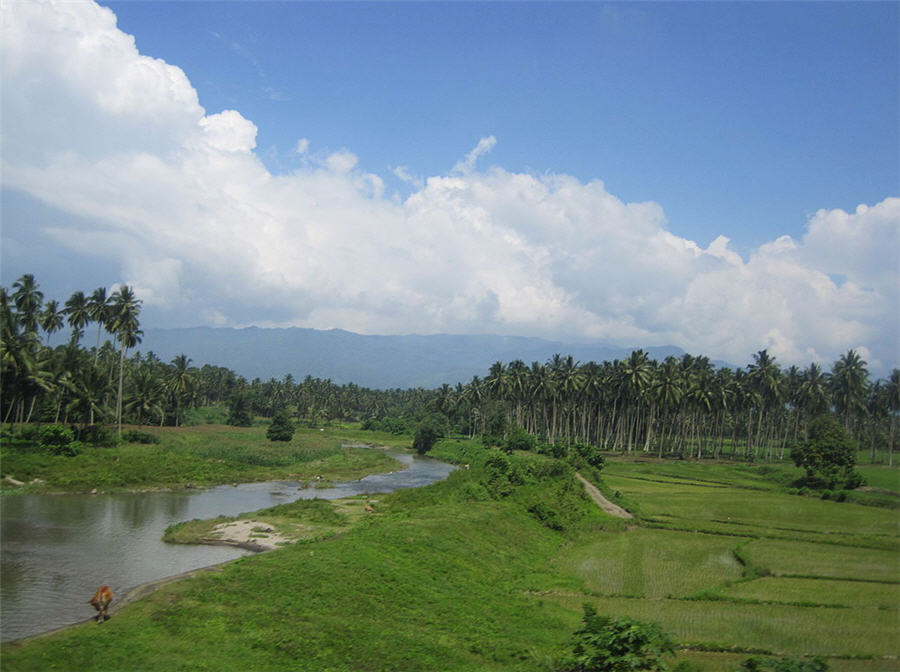China’s Chengxin, Tsingshan team up for $350m Indonesia lithium project

China’s Shenzhen Chengxin Lithium Group Co Ltd and an affiliate of steel and nickel giant Tsingshan Holding Group will invest in a $350 million Indonesian lithium project to capture demand from the electric vehicle (EV) battery sector.
Tsingshan, which shook up the global nickel market by rapidly increasing production at low cost in Indonesia, is moving into lithium at a time when prices for the commodity are soaring amid booming EV sales in top market China.
In a filing, Chengxin said the partners would build a plant to make lithium chemicals in Indonesia Morowali Industrial Park on the island of Sulawesi. The park is home to several Chinese-invested projects including those making nickel and cobalt, which are also used in EV batteries.
Chengxin said the plant would produce 50,000 tonnes a year of lithium hydroxide and 10,000 tonnes a year of lithium carbonate, without providing a startup date.
Hydroxide prices in China are up 162.7% year-to-date, while those for carbonate are up 192.6%, according to Benchmark Mineral Intelligence.
Chengxin said it would own 65% of the joint venture – called PT ChengTok Lithium Indonesia – and Singapore-incorporated Stellar Investment Pte would hold 35%.
A Chengxin investor relations officer on Friday said Stellar is an affiliate of Tsingshan.
Tsingshan did not respond to a request for comment.
Indonesia is the world’s biggest nickel miner but banned exports of nickel ore from 2020 as it sought to process more resources at home and establish a complete EV battery supply chain.
Last week, South Korea’s LG Energy Solution and Hyundai Motor Group started construction of a $1.1 billion plant to make EV batteries in Indonesia’s West Java province.
Chengxin did not say from where the lithium plant would source its raw materials but Daiwa Capital Markets analyst Dennis Ip said in a note that nearby Australia, which mines lithium-rich mineral spodumene, was the most likely option.
“It will be interesting to see which Australian miners have spare spodumene resources to be sold to Chengxin,” Ip added.
(By Min Zhang, Tom Daly, Meg Shen and Mai Nguyen; Editing by Christopher Cushing and Matthew Lewis)
{{ commodity.name }}
{{ post.title }}
{{ post.date }}




Comments